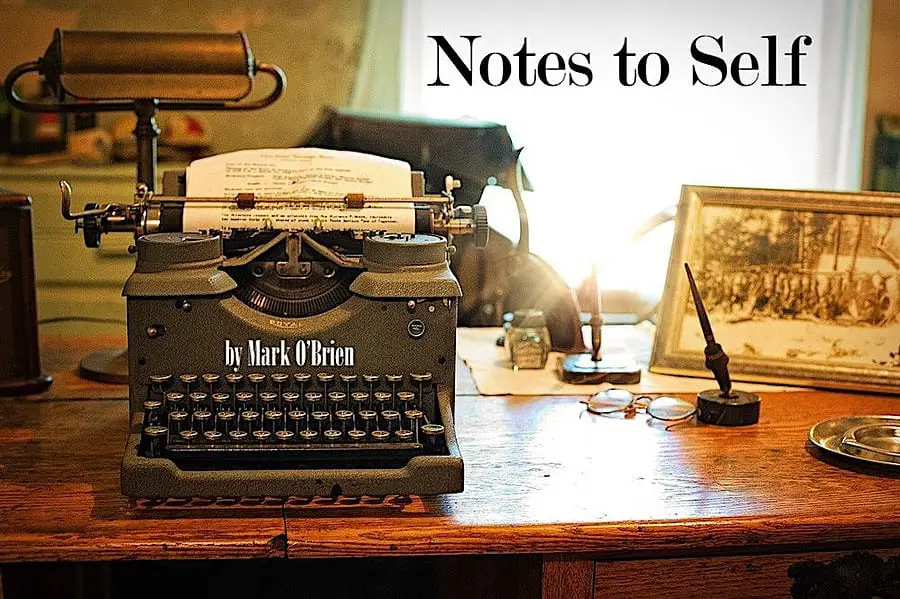
First, I would straighten out the language. (Confucius, asked how he’d restore order to the world)
I’ve recently come to two equally important conclusions:
Here’s why:
Exhibit A
Anne and I recently watched the season premiere of Unsellable Houses on HGTV. The program features twin sisters, Mimsy and Flimsy — allegedly the largest-selling realtors in the Pacific Northwest. It’s easy to tell they’re realtors, as opposed to linguists, by the way they talk.
During the episode in question, Mimsy and Flimsy were speaking with a young married couple who wanted to work with the twins to renovate their home. While inquiring about the kinds of changes the couple wanted to see in their home, Flimsy asked, “When we do this renovation, what kind of things would you like to have in your guys’s house?”
Guys’s?!
If I’d been directing that episode, I’d have thrown the red card, yelled, “Cut!” and said, “Oops. My bad. I apparently neglected to mention this program will be shown to an English-speaking audience. Would it be easier for you to do the show in English if you read from cue cards?”
Between takes, I’d probably have whipped out a dictionary or grabbed a laptop and gone to dictionary.com and said, “Heads up, Flimsy. We might consider rewording what you just said there. Let’s try the scene again. But this time say, ‘What kinds of things would you guys like to have in your house?’ or, even better, ‘What would you like to have in your house?’ If you can’t do that — and if you can’t read from cue cards — we can have a native speaker of English dub your lines in later.”
Author’s Note: I learned later that, at that exact moment, some geologists in China — using a seismograph and ground-penetrating radar (GPR) — detected Confucius flopping around in his grave like a tuna on the deck of a fishing boat.
Exhibit B
As a true-crime TV junkie, I watch a lot of programming on Oxygen and Investigation Discovery, as well as documentaries on Netflix and Amazon Prime. As a result, I frequently hear law-enforcement officers or, worse — attorneys — say things like this: “Well, we were pretty sure we had a solid case against our suspect. We just needed to cooberate some witness testimony,” or “Well, we were pretty sure we had a solid case against our suspect. We just needed some cooberating evidence.”
That’s when I’d throw the red card and say, “Cut! That’s a Code 13 right there. I’m sorry. I don’t know what kind of textbooks they use in police academies or law schools these days, but are any of them printed in English anymore? If so, do they still contain pronunciation guides or definitions for any of the terms they use?”
Then I’d likely say to the law-enforcement officer or the attorney who was in the blown scene something like, “The word you’re searching for might be cooperate. But I doubt it. I’m going out on a limb here, but it’s more likely you’re looking for corroborate. Since we’ll blow the schedule and the budget if we send you back to school right now, how about if I just write it down for you? Then you can practice saying it a few times, we’ll get a good take, and you can go back to school after that. Okay, Bucko?”
Be Reasonable
I admit I’m a language snob. I am. But we’re not talking about snobbery here, are we? It seems to me we’re talking about the responsibilities of people who use the language. We’re talking about the responsibilities of the people — like TV directors — who hear and watch people abuse and disrespect that language. And we’re definitely not talking about live TV.
Don’t they have any of those clapper boards around? Even I know when someone blows a scene, mispronounces a word, or does something else the director doesn’t like, he yells, “Cut!” everything stops, they straighten shit out, clap the clapboard, and shoot the scene again.

If that happens, the people in the shows learn something they should have learned anyway. The people who view the shows don’t think they’re made by dolts. The people appearing in the shows don’t sound illiterate. And everyone lives happily ever after, including the advertisers who don’t have to rip their hair out and/or pull their ad budgets because the shows don’t appear to be made by dolts who feature illiterates in the programming the advertisers are paying for.
If you’re as bugged by this kind of thing as I am, you can call CLOBBER (Clear Language on Broadcast Bands Emergency Regulations) at 1-800-CLOBBER. You might even get to clap the clapboard.
On the other hand, maybe as Jon Butcher said, it’s only words.
Originally Published on https://www.bizcatalyst360.com/category/lifecolumns/notes-to-self/
Notifications